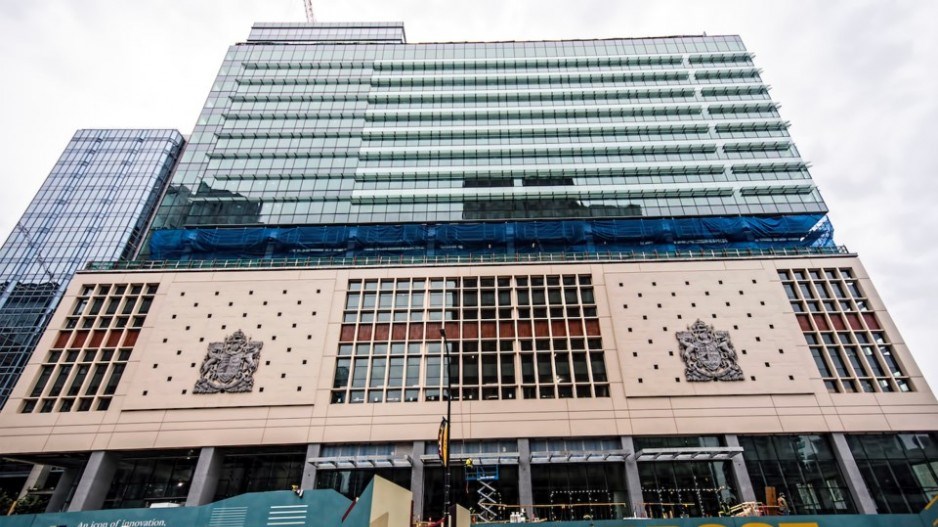An expanding wave of layoffs in the tech sector will pose challenges as Â鶹´«Ã½Ó³»landlords seek to fill a rising tide of downtown office vacancies.
The past week has seen local and global companies announce layoffs, including Hootsuite, Microsoft and Amazon, which expanded from 10,000 to 18,000 the number of layoffs among its 300,000 employees worldwide. Many of Amazon’s layoffs are in its e-commerce and human resources divisions, and were scheduled to take place Jan. 18.
But the impacts on Vancouver’s office market is likely to be minimal.
“We obviously have heard about layoffs in the tech sector, Amazon being one that we’re watching, but so far they’re holding course,” said Susan Thompson, associate director, research, with Colliers International in Vancouver.
A rising volume of sublease space is a concern, much of it attributable to changing demands in the tech sector. Colliers reported 922,078 square feet of sublease space in downtown Â鶹´«Ã½Ó³»at the end of 2022, up from 633,797 square feet at midyear. Overall vacancy rose from 2.4 million square feet to 2.8 million square feet, or 8.4 per cent of the downtown inventory, the highest in seven years.
But several companies continue to look for space.
“There’s active mandates out there still looking for space,” Thompson said. “We’ve got at least one more interest rate hike coming in 2023, [so] everybody’s hit pause on decisions if they can. We could see a slow first half of 2023 but the long-term projections are positive.”
New construction is also contributing to higher downtown vacancies, Thompson said.
Bosa Waterfront Centre and Â鶹´«Ã½Ó³»Centre II both came online in the fourth quarter with significant vacancies, while The Stack at 1133 Melville Street will add more when Colliers factors it in during the first quarter of 2023 (it was deemed incomplete last quarter as tenant improvements had yet to begin).
But an analysis by brokerage CBRE Ltd. suggests that recent completions are faring well, delivering the next-generation space companies are looking for as workers return to the office in the wake of the pandemic.
“There’s a lot of professional services firms moving to new buildings for flight to quality,” said Jason Kiselbach, senior vice-president and managing director with CBRE in Vancouver. “Companies were taking advantage of the new build cycle and moving up to more quality space.”
Kiselbach said the new towers are opening with up to 80 per cent of their space leased. While this means adds vacancies to a softening market, it has really brought the downtown market back into balance.
“It’s still one of the lowest in North America,” he says of downtown vacancies, which CBRE pegs at 9.8 per cent. “It’s not like we’re one of these other markets like San Francisco, where it’s north of 20 per cent vacancy right now.”
Moreover, there’s a diversified mix of companies landlords can look to for demand.
“The benefit of the Â鶹´«Ã½Ó³»economy is that it’s actually one of the most diversified out of all major markets in North America. Tech has been the big growth story, but we still have a tonne of other businesses here,” Kiselbach said. “[They] can pick up a lot of slack in the system.”
Some segments of the Metro Â鶹´«Ã½Ó³»market also lack space, with no new deliveries until 2025.
Vacancies in suburban markets are down to 4 per cent, fuelling a new construction cycle, Thompson said.
The tight conditions are something she feels could prompt some tenants to consider downtown space, though the average asking rent is significantly higher.
Downtown Â鶹´«Ã½Ó³»office space currently averages $39.10 a square foot, down from $40.02 at midyear. Suburban space, by contrast, increased from $25.45 at midyear to $27.34 today.



